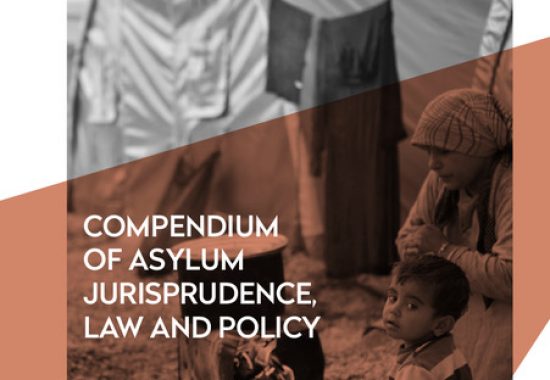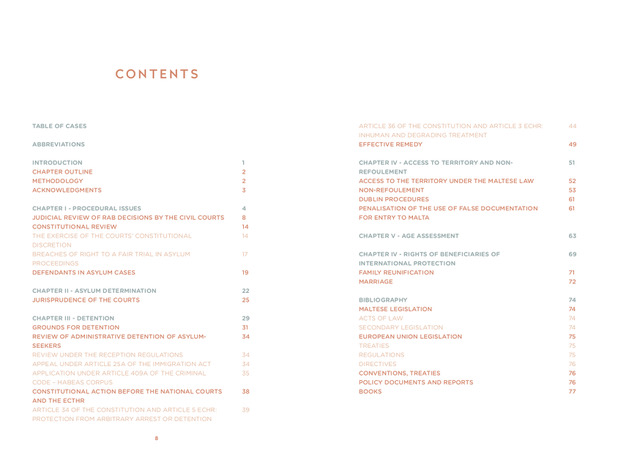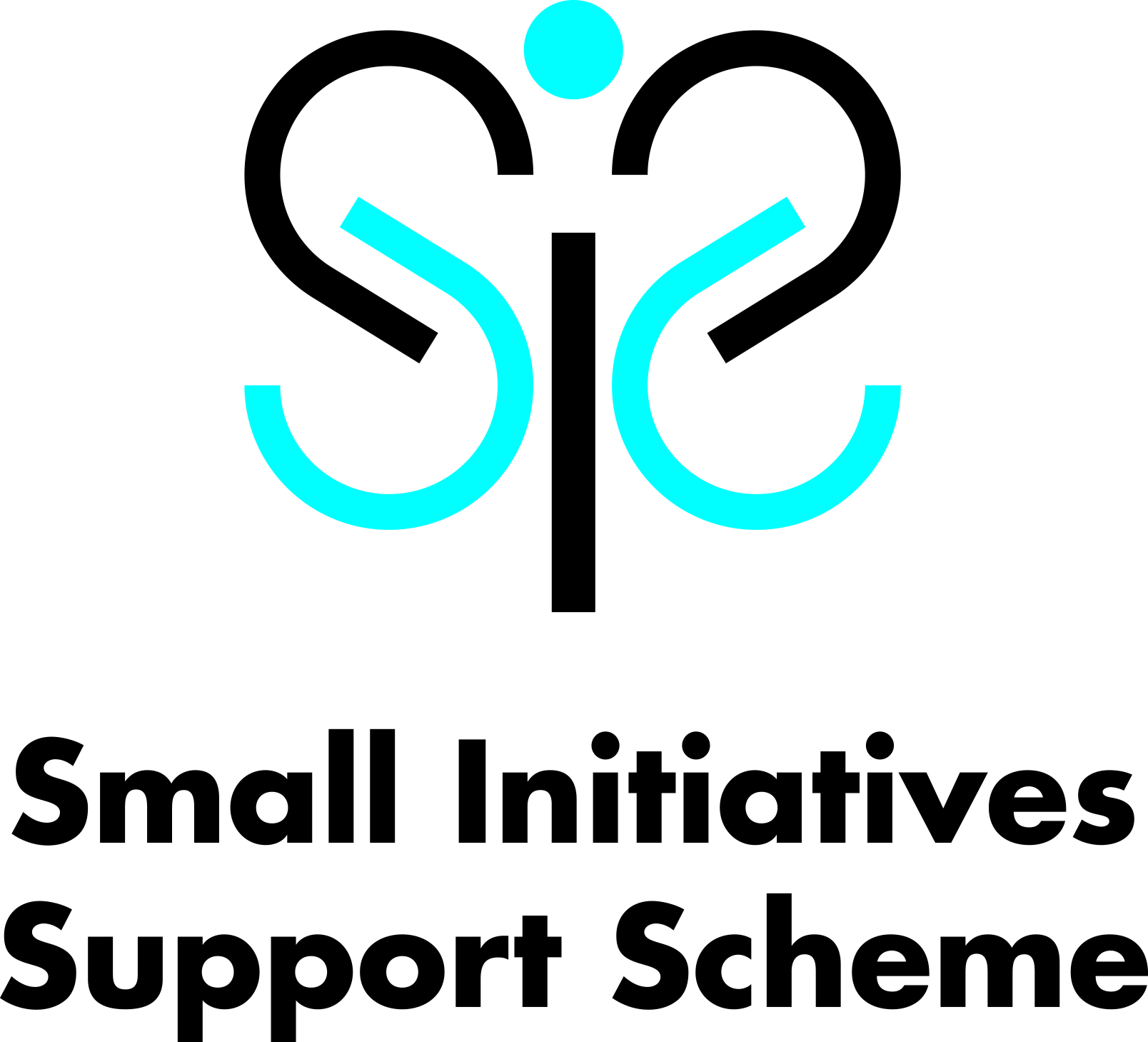
We are shocked and disgusted by comments publicly made by the Leader of the Opposition against non-Maltese nationals. Using inflammatory language and calling for affirmation of the Maltese identity, Dr. Delia accused non-Maltese nationals of instilling feelings of fear and insecurity, and “causing havoc with our Maltese identity.”
This language is abhorrent as it is intended to generate hatred, discrimination, exclusion and violence, and has no place in Malta.
We unequivocally condemn Dr. Delia’s statements and urge him and his colleagues to refrain from resorting to such divisive discourse for the sake of political expediency.
It is clear that several national and global developments have hastened the pace of social change, making today’s reality and society extremely different to those of a few years ago. Developments such as Malta’s EU accession, neo-liberal economic policies, globalisation, the rise of social media have been championed by successive Maltese governments, and the nation has also benefitted from a broad opening up of markets, lifestyles and commodities.
That said, these developments have also brought about uncertainty and growing insecurities. Furthermore, not all have benefitted from the economic boom and there is growing inequality and abject poverty in Malta, together with several fractures within our communities.
Social change has bought about a sense of loss and uncertainty for many and, for some, fear of change.
Dr. Delia’s comments seem to suggest that he is keen on capitalising on such insecurities and populist sentiments. He not only negates the political factors that have contributed to such human misery, but attacks various communities whose only lowest common denominator is that of being non-Maltese.
Such discourse not only smacks of hypocrisy, but raises serious questions vis-à-vis the Party’s commitments to international human rights obligations and to Malta’s very own Constitution.
Malta’s 1964 Constitution (Article 1) opens with the statement that the nation “is a democratic republic founded on work and on respect for the fundamental rights and freedoms of the individual.” This statement must be interpreted as meaning that all persons living in Malta are entitled to be respected and valued, and their humanity and dignity protected under all circumstances.
It means that Malta will foster inclusive communities that accept all persons, irrespective of skin colour, gender sexual orientation, age, gender identity, disability, or nationality.
It is reflected in a long list of laws and policies, such as laws criminalising hate crime and hate speech, equality legislation prohibiting discrimination in several spheres of life, education policies, marriage equality, the establishment of equality bodies, etc.
This is the Malta we all want to live in. This is the Malta we are called upon to create and maintain, together. The Leader of the Nationalist Party has an immense responsibility in this nation-building exercise.
We hope that he, and his colleagues, will not rubbish this responsibility for a handful of votes, but that he will promote the Constitution’s values throughout his work.
Statement issued by:
aditus foundation, Allied Rainbow Communities, The Critical Institute, Drachma LGBTI, Drachma Parents, Foundation for Shelter and Support to Migrants, Integra Foundation, Isles of the Left, Jesuit Refugee Service Malta, KOPIN, LIBICO, Malta Emigrants’ Commission, Malta LGBTIQ Rights Movement (MGRM), Men Against Violence, Migrant Women Association, Moviment Graffitti, Platform of Human Rights Organisations in Malta, Richmond Foundation, Solidarity with Migrants Group, SOS Malta, SPARK15, St. Jeanne Antide Foundation (SJAF), We Are, Women’s Rights Foundation.



